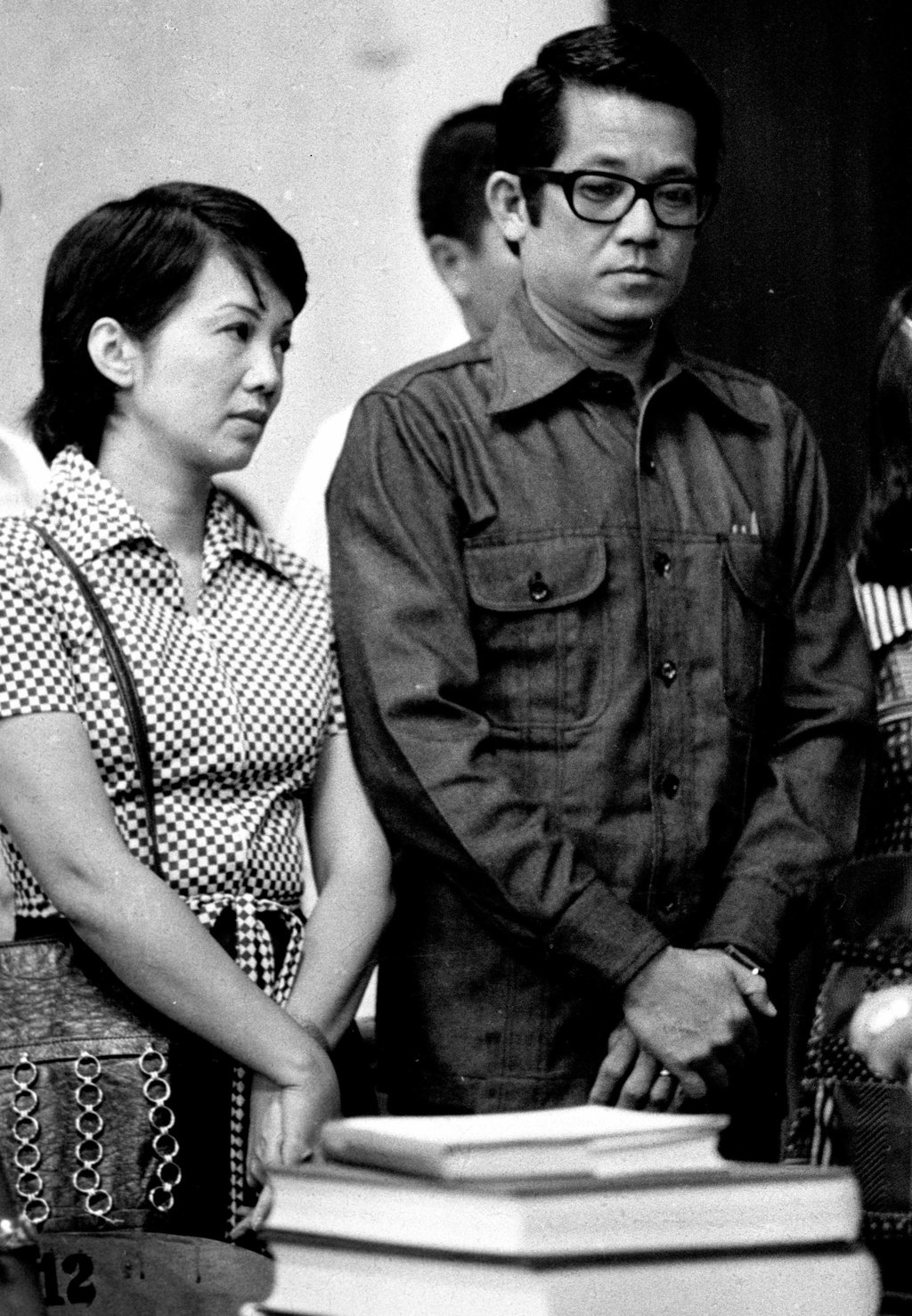Ninoy Aquino, who was part of the opposition against then president Ferdinand Marcos Snr, was assassinated at Manila International Airport on August 21, 1983. His death served to mobilise Filipinos to mount demonstrations against Marcos’ brutal and corrupt dictatorship, and led to the February 1986 peaceful EDSA “People Power” uprising that ousted Marcos’ government.

Historian Dr Ferdinand Llanes told This Week in Asia that Marcos Jnr’s move to shift the Ninoy Aquino Day holiday “trivialises the assassination so as to erase it from [Filipinos’ collective] memory”.
Congressman Edcel Lagman said the president’s method of moving the holiday, just a week before instead of the required six months, violated the law.
Filipinos on social media took issue with the shift in dates, with X user Albert Blue saying: “August 21 will always be the NINOY AQUINO DAY in honor of his martyrdom … Never to be forgotten by attempts to revise history.”
Earlier this year, the presidential palace also quietly scrubbed from this year’s official state holidays the February 25 celebration of the 1986 uprising. February 25 was declared a “special national holiday” in 2000 by then-president Joseph Estrada. Rights activists typically hold rallies on the day to commemorate the restoration of democracy.
According to Llanes, a former chair of the University of the Philippines’ department of history who specialises in Philippine revolutions, in history a date is “a marker of an event that caused significant changes in the life of a nation for good or bad”.
It is the state’s responsibility to ensure citizens understand the significance behind a historical date marked as a national holiday, Llanes added.
The historian noted that Marcos Jnr had a personal stake in making Filipinos forget Ninoy, since “by elevating Ninoy as a hero through a public holiday, his [own] father is diminished in stature”.

Historian Manuel “Manolo” Quezon III, grandson of the late president Manuel Quezon, told This Week in Asia that the Marcos family had long chipped away at Ninoy Aquino’s persona as a hero by depicting the political struggle between him and Marcos Snr as “a personal feud”.
“Reducing the [significance of the] EDSA and Aquino holidays to just more holidays blunts them without an outright fight,” he said, noting that the president’s sister had previously called for Ninoy Aquino Day to be removed.
Quezon once served as undersecretary of the Presidential Communications Development and Strategic Planning Office of the late president Benigno Aquino III.
He described Marcos Jnr’s method of erasing Ninoy Aquino from historical memory as “a more subtle assertion of Aquino being part of a personal feud, thus absolving the Filipino people of complicity in his own father’s ouster”.
The move also framed Marcos Jnr as the “non-disrupter, the magnanimous, and extracts him from an unwinnable return to past fights when he has already secured rehabilitation through election”.
Senate President Francis “Chiz” Escudero earlier this month sparked a backlash after he said senators were looking to “review” the country’s holidays because they were too long and made Philippine companies and workers “less competitive”.

Some Filipinos suspected that Escudero, whose late father served as Marcos Snr’s agriculture minister, wanted to do away with Ninoy Aquino Day.
A surgery resident, who goes by the “Dr Gail” handle on X, criticised the Senate president for focusing on holidays “when you could’ve focused more on alleviating the lives of Filipinos, provide more opportunities, salary increase, fix the educational system, the flood control programmes”.
Escudero backtracked last week and assured the public that no holiday would be scrapped.
Quezon said the backlash over Escudero’s remarks and Marcos Jnr’s shifting of the Ninoy Aquino Day holiday showed Filipinos still attached importance to preserving key dates in history, despite the weakening of the Aquino family’s political clout and the election of Marcos Jnr as president.
For historical researcher Kristoffer Pasion, Marcos Jnr’s use of the word “celebration” instead of “commemoration” in his presidential proclamation on moving Ninoy Aquino Day was problematic. “Either this was made carelessly or with intent,” he said on X.

